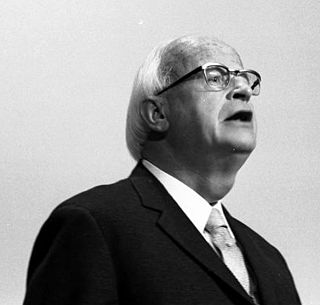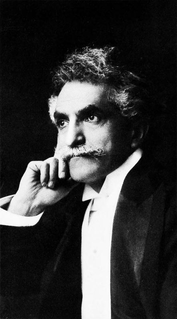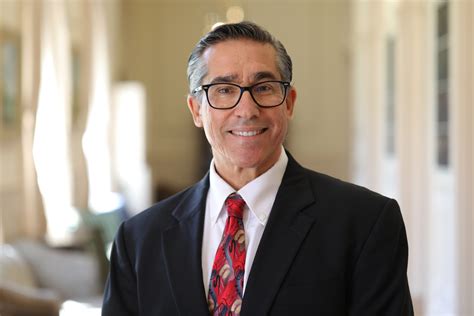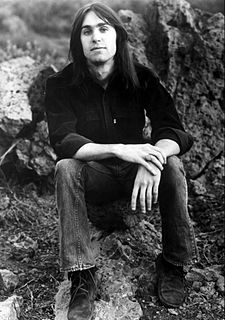A Quote by Helmut Thielicke
I don't believe that God is a fussy faultfinder in dealing with theological ideas. He who provides forgiveness for a sinful life will also surely be a generous judge of theological reflection. Even an orthodox theologian can be spiritually dead, while perhaps a heretic crawls on forbidden bypaths to the sources of life.
Related Quotes
We take it for granted that Jesus was not interested in political life: his mission was purely religious. Indeed we have witnessed . . . the 'iconization' of the life of Jesus: 'This is a Jesus of hieratic, stereotyped gestures, all representing theological themes. In this way, the life of Jesus is no longer a human life, submerged in history, but a theological life -- an icon.
I will not judge a person to be spiritually dead whom I have judged formerly to have had spiritual life, though I see him at present in a swoon (faint)as to all evidences of the spiritual life. And the reason why I will not judge him so is this -- because if you judge a person dead, you neglect him, you leave him; but if you judge him in a swoon,(faint) though never so dangerous, you use all means for the retrieving of his life.
Roman Catholics utter their Papal edicts, Protestants quote their Bible, Fundamentalists declare their orthodox theological dogmas, and we are all expected to renounce private reflection and peacefully acquiesce to these pronouncements. And the result is that the dignity of the person is violated by such oppressive, intelligence-smothering forms of communication.
You might tell me that you have been engaging in some deep questioning and theological rethinking.1 You can no longer live with the faith you inherited from your parents or constructed earlier in your life. As you sort through your dogma and doctrine, you’ve found yourself praying less, less thrilled about worship, scripture, or church attendance. You’ve been so focused on sorting and purging your theological theories that you’ve lost track of the spiritual practices that sustain an actual relationship with God. You may even wonder if such a thing is possible for someone like you.
So much confusion about belief in God, morality, and science arises, not from what people say they believe, but rather from mistaken assumptions about God, morality, and science that they don't know they believe. In Three Theological Mistakes, Ric Machuga, with clarity and grace, explains the genesis of these mistakes and provides the intellectual tools by which we can recover from them.
The question of why evil exists is not a theological question, for it assumes that it is possible to go behind the existence forced upon us as sinners. If we could answer it then we would not be sinners. We could make something else responsible...The theological question does not arise about the origin of evil but about the real overcoming of evil on the Cross; it ask for the forgiveness of guilt, for the reconciliation of the fallen world
A free theologian works in communication with other theologians...He waits for them and asks them to wait for him. Our sadly lacking yet indispensable theological co-operation depends directly or indirectly on whether or not we are wiling to wait for one another, perhaps lamenting, yet smiling with tears in our eyes.































